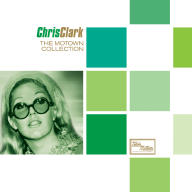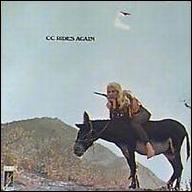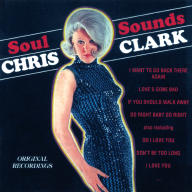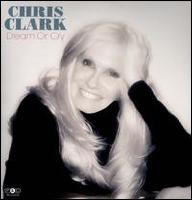Her own biggest hit, released in 1966 on the Motown subsidiary VIP label, was Love's Gone Bad, authored by Holland-Dozier-Holland, which reached number 41 on the RB chart and went to number 105 in the pop listings. That led to her first LP, Soul Sounds, released in 1967; as much a compilation of singles as a real album, it contained the hit as well as Do Right Baby, Do Right, her killer rendition of Day by Day or Never, and Clark's version of Smokey Robinson's From Head to Toe. Although she never made a deep or lasting impression in America -- where her race and sound, as well as her interracial romance with Gordy, touched on some very raw and sensitive issues -- Clark was embraced in England, where audiences dubbed her "the White Negress" and meant it as a compliment. She was responsible for a string of good singles that weren't hits, among them I Want to Go Back There Again and Whisper You Love Me Boy. She was also an imposing figure on stage, six feet tall and platinum blonde; between the looks and the voice she might've been America's Dusty Springfield, although she never had the kind of chart action that Springfield did.
In 1969, Gordy decided to put Clark's abilities to use behind the scenes by making her vice president in charge of the record label's new film division. It was in this capacity that she grabbed a little chunk of the glory from the one major hit spawned by Motown's jump into movies; with Terence McCloy and Susan dePasse, she co-authored the screenplay for #Lady Sings the Blues and snagged an Academy Award nomination. Clark also had a talent for photography, which she used on behalf of numerous Motown artists, and became an executive at the company. She was in charge of the company's creative affairs from 1981 until 1989, when she left Motown. Clark later recorded for the Motorcity label. ~ Bruce Eder, Rovi















